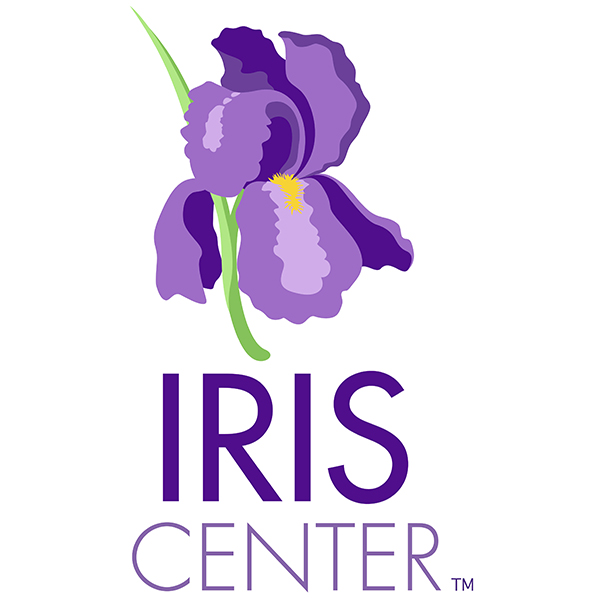By Jane Sevier
In this new age of remote learning, Zoom isn’t the only resource that’s booming. As teaching has moved online in response to the global coronavirus pandemic, more and more educators are turning to the IRIS Center at Vanderbilt Peabody College of education and human development for reliable information on evidence-based practices and interventions. In the second half of March alone, the center saw a 35 percent increase in users visiting the IRIS website and a 65 percent rise in the number of visits and sessions over the beginning of the month.
“College faculty have had to switch to virtual instruction very quickly,” says IRIS Center Director and Associate Professor of the Practice of Special Education Naomi Tyler. “Our digital resources are ready-made, self-contained, self-paced units that can be dropped effortlessly into online courses. And because each resource covers a discrete instructional topic, they can be paired or bundled in a myriad of ways that provide instructors with the breadth or depth of coverage that they need.”
Many faculty who have used IRIS (Innovative Resources for Instructional Success) for years are revisiting the center’s website to identify new resources that they can add to their courses or to get ideas and tips for different ways to use the center’s materials in virtual instruction rather than in face-to-face classes.
As schools closed nationwide, some districts looked for virtual professional learning for their teachers. Others searched for easy-to-access online professional development resources for paraprofessionals so that they could continue to be paid while schools are closed. IRIS offers free certificates that verify completion of the center’s online modules, which can be applied toward earning professional hours. In the last two weeks of March, educators accessed more than 20,000 Professional Development Certificates of Completion, a 796 percent increase over the previous two weeks. Users have 90 days to complete the certificates.
“We have so many resources that educators can really personalize their own learning, “Tyler says. “Not only are our resources interactive and engaging to work through, but they’re developed using principles of adult learning theory. We know that they’re effective in increasing the learner’s knowledge.”
Now, the U.S. Department of Education’s Office of Special Education Programs, which funds the center, has asked IRIS to develop a resource to help parents support their children’s learning while schools are closed.
The IRIS Center’s instructional materials are designed to help current and future educators improve the learning and behavioral outcomes of all students, especially struggling learners and those with disabilities. That the center is known as a trusted resource is nothing new. Last year, the IRIS website hosted more than 2.8 million visits from 218 countries and territories worldwide, an increase of more than 400,000. Those visits contributed to a total of more than 10 million visits across a five-year span.
